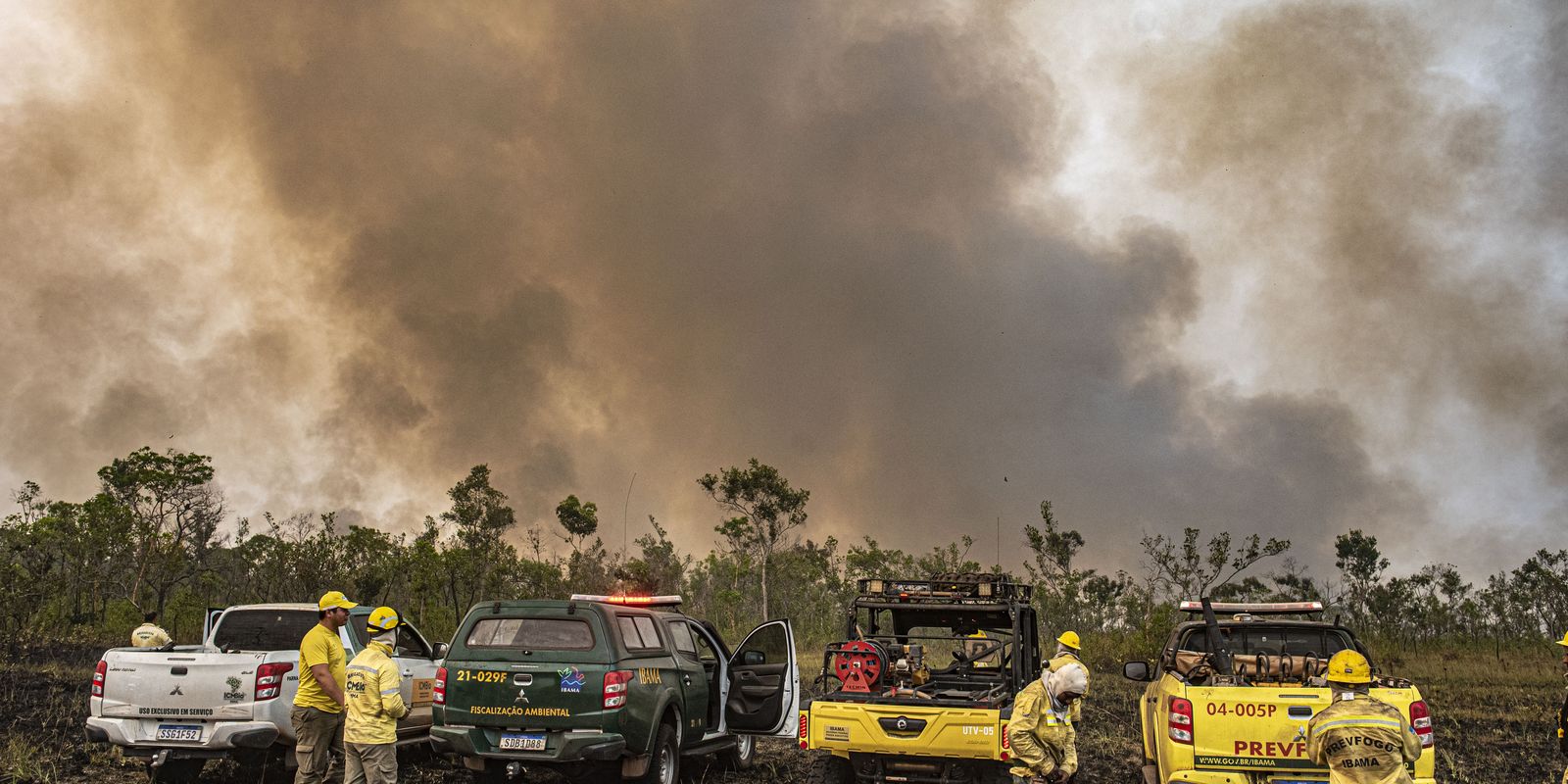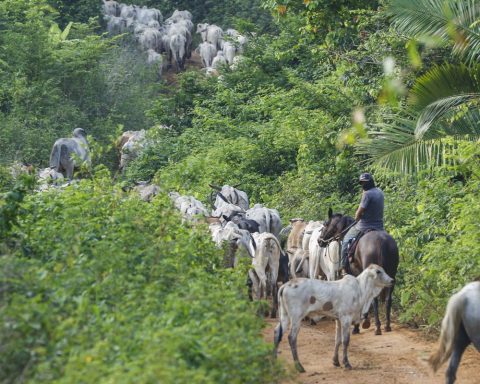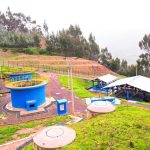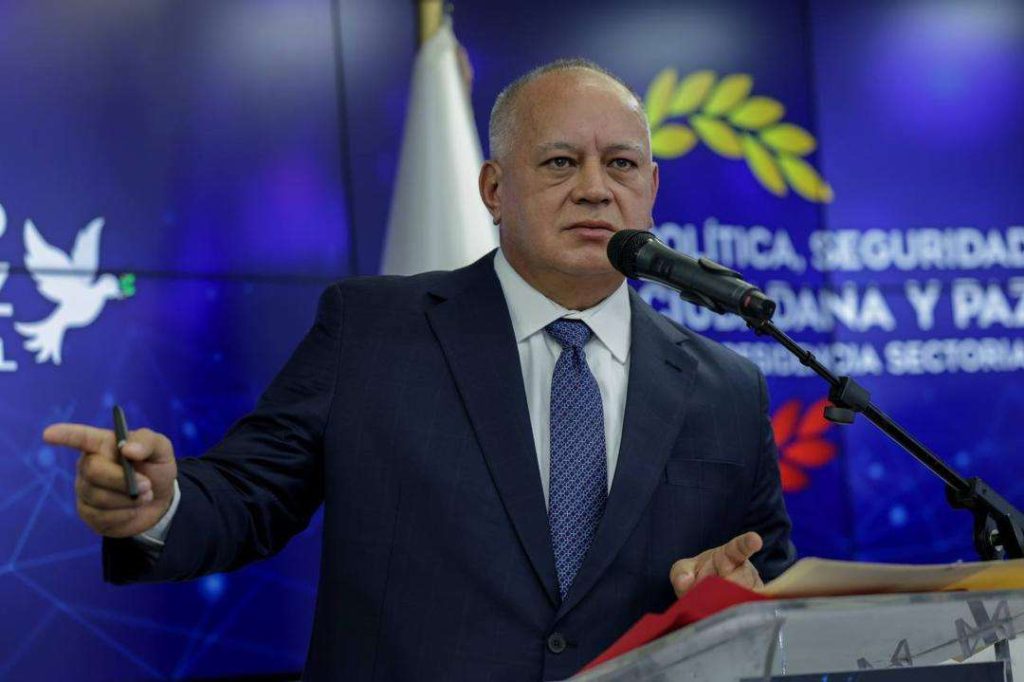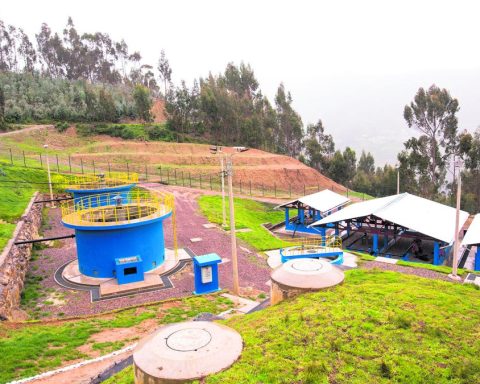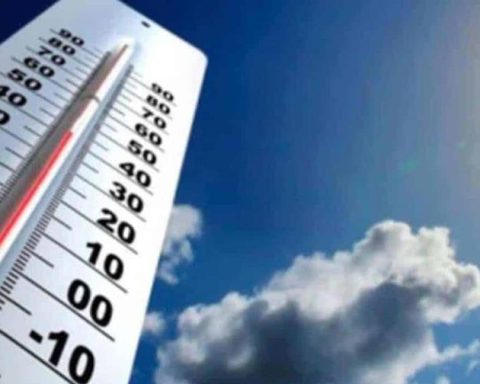The National Force of the Unified Health System (SUS) will expand its operations in the states and municipalities affected by the fires. Starting this Monday (16), teams will visit the states of Acre, Amazonas and Rondônia. The mobilization is a demand from the Ministry of Health and aims to assess the situation and support state and municipal managers.
According to a note released this Saturday by the ministry, the support of the National Force will occur on three levels. The first of these involves the guidance and organization of the assistance network, reinforcing services, especially in the Basic Health Units (UBS), where most problems can be resolved.
The second level of support includes expanding the supply from hydration points. The third level, if necessary, foresees the use of larger structures, with optimized spaces within the Basic Health Units themselves or from external structures, such as field hospitals, in case the network collapses, which is not the current scenario.
São Paulo
On Friday (13), the Minister of Health, Nísia Trindade, and the Minister of the Environment and Climate Change, Marina Silva, participated in a meeting with the governor of São Paulo, Tarcísio de Freitas, to discuss the climate crisis affecting the state.
Technicians from the Ministry of Health’s Specialized Health Care Secretariat (SAES) went to Ribeirão Preto, in the interior of São Paulo, to support managers in creating action plans.
According to Nísia Trindade, both the Ministry of Health and the Ministry of the Environment have prevention as their key word. “We will work together with the government of São Paulo and other governments to take more structured actions for the adaptation, mitigation and even transformation plan along the lines that President Lula has been expressing,” the minister emphasized.
Situation room
In July, the National Health Climate Emergency Situation Room from the Ministry of Health, together with representatives from states and municipalities and the Federal District, as well as health and environmental institutions.
In addition to guidelines for the population, the reports already published by the Ministry contain recommendations for actions to be implemented by environmental health surveillance professionals. One of the initiatives was the publication of guidelines for the protection and monitoring of the health of forest firefighters.
The Ministry of Health monitors the areas affected by forest fires and burnings through Environmental Health and Air Quality Surveillance (VigiAr). Water quality is also monitored through VigiÁgua, and in collaboration with other agencies, it provides guidance to affected areas regarding the provision of drinking water.
